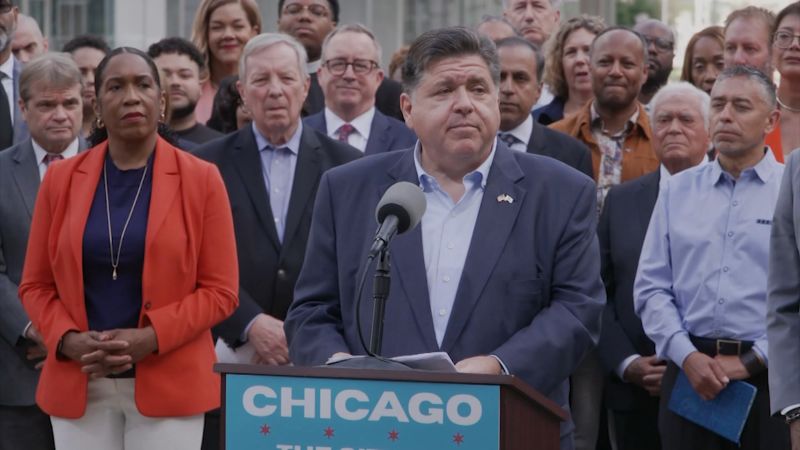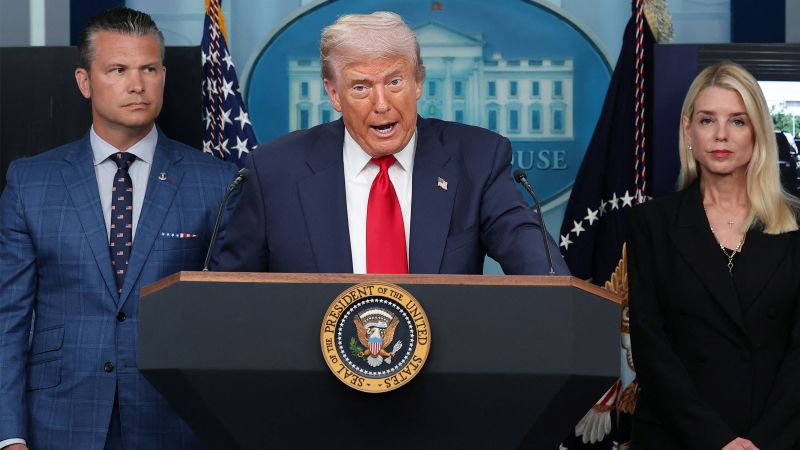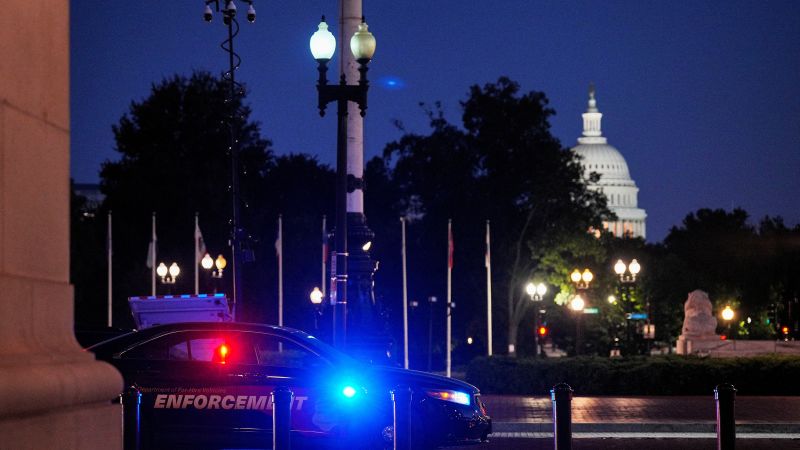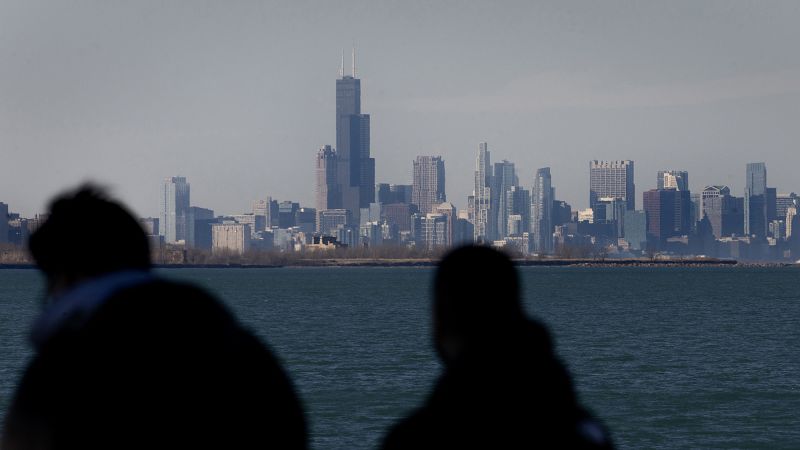
Governor Warns President Trump Against Chicago Visit Amidst Federal Intervention Concerns
Politics | 8/25/2025
Illinois Governor J.B. Pritzker issued a stark warning to President Trump, stating, “Do not come to Chicago.” This caution came amidst escalating tensions and concerns over potential deployment of federal forces in the city. Governor Pritzker’s message reflects growing unease regarding the involvement of federal agents following recent events in Portland and other cities.
The governor’s statement follows a series of contentious interactions between local leaders and the Trump administration regarding federal intervention in response to civil unrest. Concerns over the use of unidentified federal agents and their tactics have sparked debates on the role of federal forces in maintaining public order.
Critics argue that federal intervention could exacerbate tensions and undermine community trust in law enforcement efforts. On the other hand, proponents of federal involvement emphasize the need to address escalating violence and protect public safety. The clash of perspectives underscores the complex dynamics at play in balancing federal and local authority in addressing civil unrest.
Legal experts highlight the nuanced legal framework governing federal intervention in state and local affairs. The Posse Comitatus Act restricts the use of federal military personnel for law enforcement activities within the United States, emphasizing the principle of civilian control over the military. However, exceptions exist, such as when requested by state authorities for specific purposes like quelling insurrections.
As the debate over federal intervention intensifies, the situation in Chicago remains fluid. Governor Pritzker’s warning reflects a broader concern over the potential implications of federal involvement in addressing local law enforcement challenges. The delicate balance between federal assistance and local autonomy in maintaining public order continues to be a point of contention amidst evolving circumstances.


